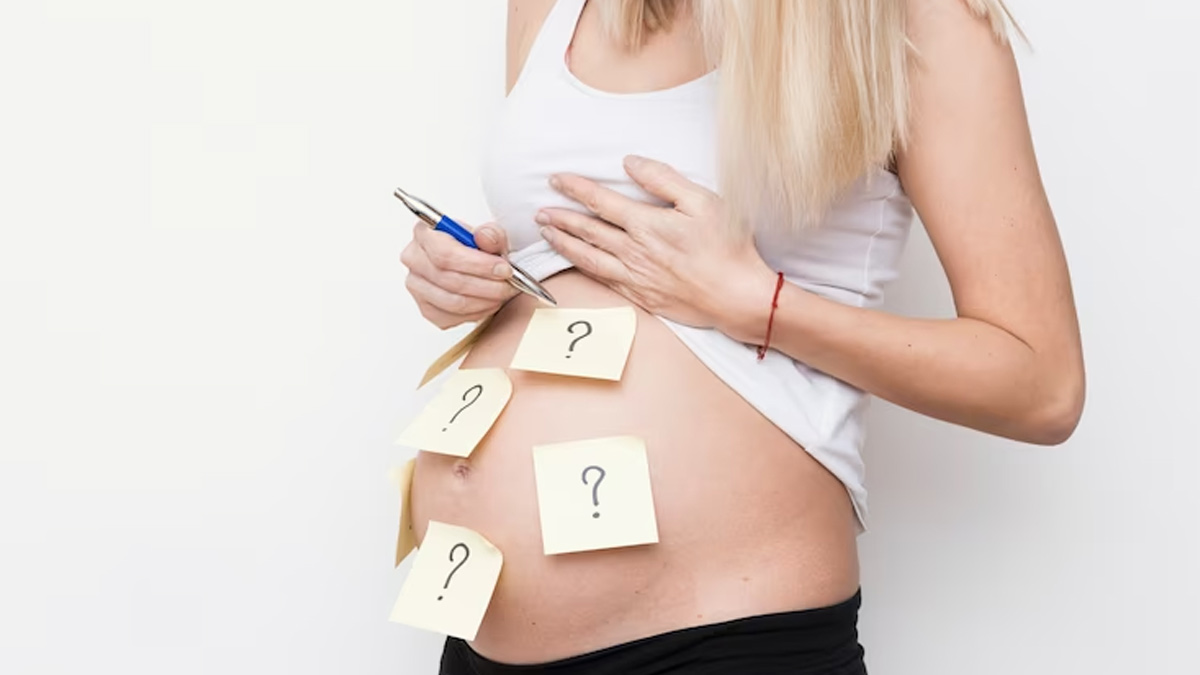
Getting pregnant or becoming a parent can be an overwhelming experience. A lot of planning is involved, and many things can go wrong in the process. However, certain things should not be missed irrespective of whether you planned a pregnancy or not. These include the signs and symptoms of pregnancy. While a missed period can be a tell-tale sign, other factors also need to be considered. In this article, let us look at some of the most common but overlooked signs of pregnancy other than a missed period.
Table of Content:-
Also Read: 7 Factors That Impact Baby's Health During Pregnancy
How to know if you're pregnant

All sexually active females can conceive unless they suffer from any reproductive health problems. Without the use of protection, there's a high probability of pregnancy. A missed period is one of the most reliable indicators of pregnancy. However, there are other signs and symptoms you should not miss.
Nausea
Heard of morning sickness? It is a common symptom in pregnant women, but not all women experience it. It usually begins in the 6th week of pregnancy and worsens at about nine weeks. Fortunately, pregnant women start to feel better by the 13th or 14th week of their pregnancy.
Unexplained fatigue
Fatigue, or extreme tiredness, is a common symptom of pregnancy. It occurs due to the increase in the levels of the hormone progesterone, which can make you feel sleepy and sluggish.
Tender, swollen breasts
Hormonal changes is a common phenomenon in pregnant women, due to which breast changes are likely to occur. During pregnancy, women may develop swollen, sore and tender breasts, starting as early as one to two weeks after conception.

Food cravings or aversions
Pregnant women in their first trimester will likely experience cravings for or aversions against certain foods and drinks. These will get stronger during the second trimester and stop in the third trimester. Common food cravings include chocolate, ice cream, other sweet foods, fish, dairy products, and fruit. However, food cravings and aversions may vary from women to women.
Mood swings
Since pregnancy is associated with hormonal changes, mood swings are inevitable. According to the American Pregnancy Association (APA), changes in hormone levels can affect levels of neurotransmitters, which are the chemical messengers in the brain that regulate mood. Women usually experience mood swings between 6 to 10 weeks during the first trimester and then again in the third trimester, as per the US health body.
Frequent urination
Frequent urination can be an early sign of pregnancy. It results from not just the hormonal changes in the body but also the physical changes. The need to visit the toilet can become more intense during the 10th to 13th week of pregnancy as the uterus begins to push on the bladder.
Implantation bleeding
While missed periods are a common sign of pregnancy, it is essential to note that light spotting or bleeding can also be a symptom of pregnancy. This is called implantation bleeding. It occurs about 10 to 14 days after conception when the fertilised egg attaches to the lining of the uterus.
Also Read: Causes And Tips To Deal With Indigestion During Pregnancy
Bottomline
The sure-shot way to know if you're pregnant is through a test. You can take a self-pregnancy test on the first day of a missed period. If you're unsure when your next period is due, get a test at least 21 days after your last unprotected sex, advises the UK National Health Services. You can also opt for a blood or urine test to confirm your pregnancy.
Also watch this video
How we keep this article up to date:
We work with experts and keep a close eye on the latest in health and wellness. Whenever there is a new research or helpful information, we update our articles with accurate and useful advice.
Current Version
